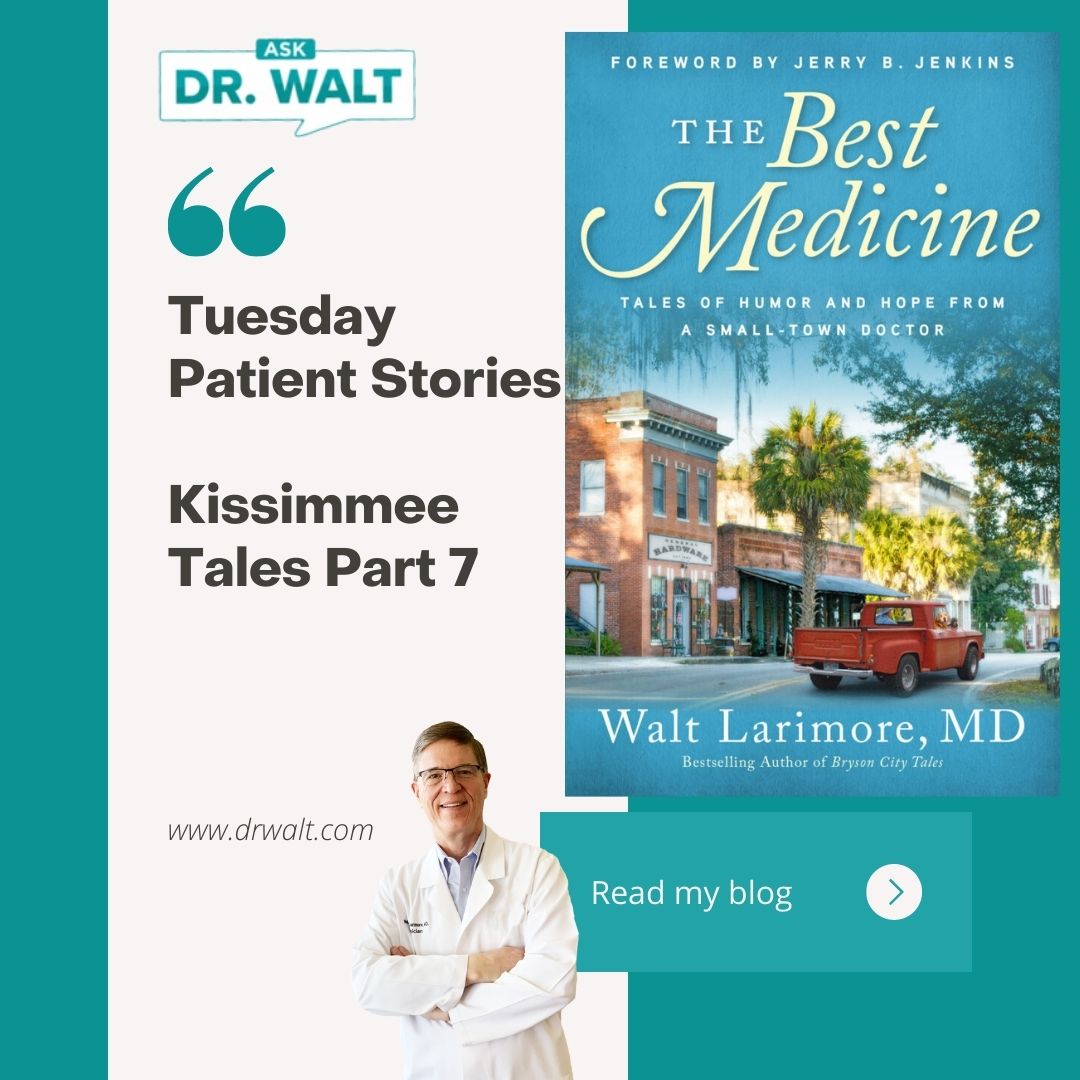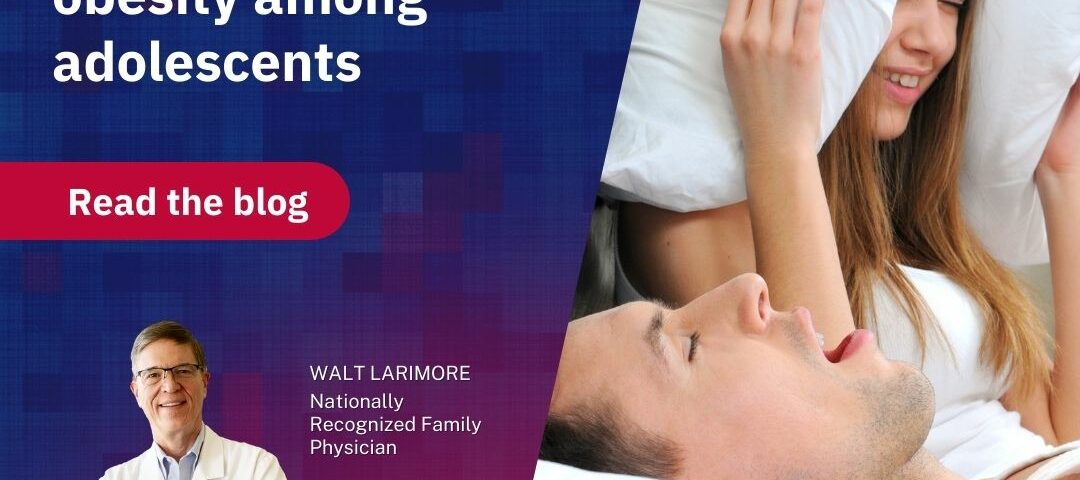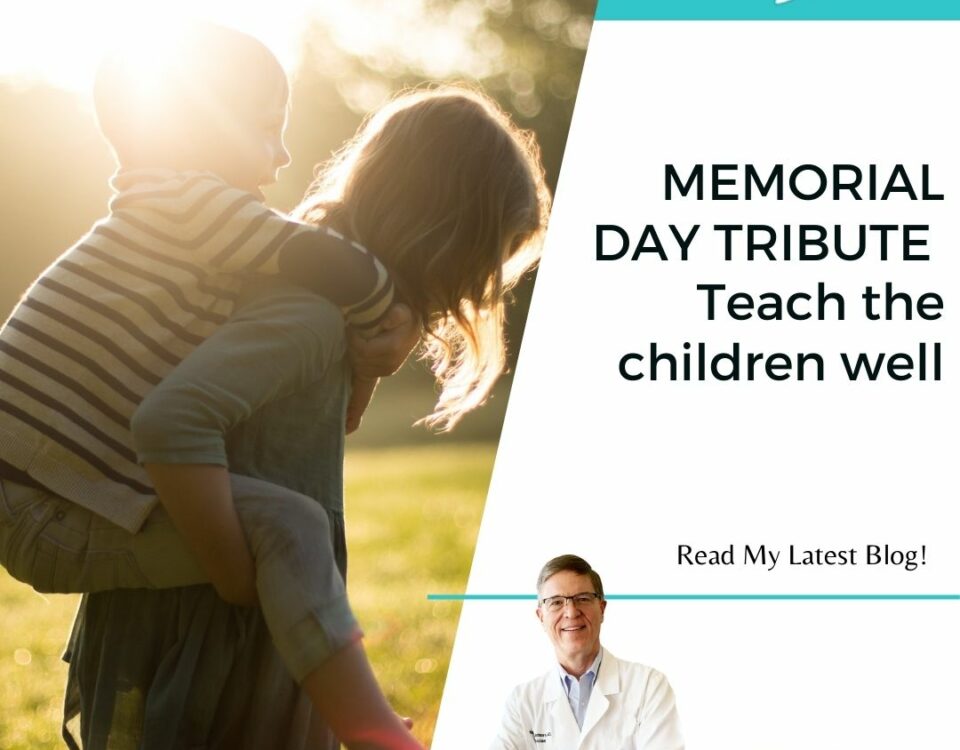
Tuesday Patient Stories – Kissimmee Tales Chapter 5 – Back to Nature
September 20, 2022
Thursday Ask Dr. Walt – Do Bad Genes Doom Me?
September 22, 2022Healio reported, “Adolescents who sleep fewer hours at night had a higher prevalence of overweight and obesity compared with those who slept for the guideline-recommended eight hours per night.”
The study “evaluated 1,229 adolescents in the SI! Program in Spain,” also found that “few adolescents aged 12, 14 and 16 years achieved guideline-recommended sleep duration.”
“On top of stressing the importance of dietary habits and physical activity, adequate sleep needs have to be considered too,” Jesús Martínez-Gómez, MD, told Healio.
“In the case of adolescents, they should sleep between 8 and 10 hours per day.”
Dr. Charles Czeisler, director of sleep medicine at Brigham and Women’s Hospital in Boston. Czeisler, who was not involved in the study, said US children sleep about two hours less each night than they did a century ago, partly due to the use of electronics and phones.
He added, “Ideally those ages 6 to 13 should get 9 to 11 hours of sleep each night while high school students should get 8 to 10 hours per night.”
Compared with optimal sleepers, overweight/obesity was 21% and 72% more likely in very short sleep at age 12 and 14 years, respectively.
Short sleepers were 19% and 29% more likely to have overweight/obesity compared with optimal sleep at age 12 and 14 years, respectively.
Similarly, both very short and short sleepers had higher average metabolic syndrome scores at 12 and 14 years compared with optimal sleepers.
The findings were presented at ESC Congress 2022.
Please note that abstracts presented at medical meetings are usually evaluated and selected by a committee of experts but have not generally undergone the same peer review process required for publication in a scientific journal. As such, the findings presented should be considered preliminary until a peer-reviewed publication is available.
© Copyright WLL, INC. 2022. This blog provides healthcare tips and advice that you can trust about a wide variety of general health information only and is not intended to be a substitute for professional medical advice, diagnosis, or treatment from your regular physician. If you are concerned about your health, take what you learn from this blog and meet with your personal doctor to discuss your concerns.




